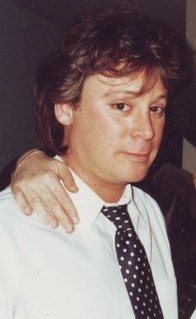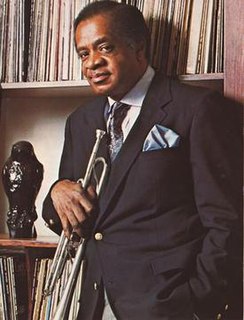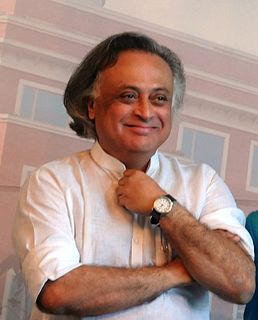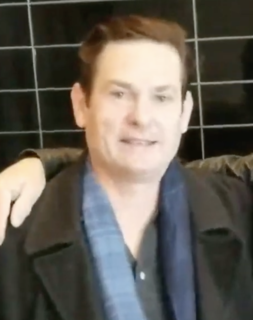A Quote by Eric Carmen
Democratic foursomes don't work in the '70s like they did in the '60s, when there were fewer musical directions.
Quote Topics
Related Quotes
In a different moment, in the 60s and 70s, I did believe we were going to succeed - that we were going to create a revolution, that America was going to be a completely transformed nation state and that there would be an amazingly different set of beliefs; that this country would reflect. And I thought that that was the fulfillment of the American democratic dream and I believed in it passionately.
When I was a kid, a lot of my parents' friends were in the music business. In the late '60s and early '70s - all the way through the '70s, actually - a lot of the bands that were around had kids at a very young age. So they were all working on that concept way early on. And I figured if they can do it, I could do it, too.
It was good to launch the economy in the '50s. Japan did this; China did this; even South Korea did this. All the East Asians did this - import substitution. I think all countries followed import substitution in the '50s and in the '60s, but I think by the '70s, countries were getting out of that first phase of the strategy.



































